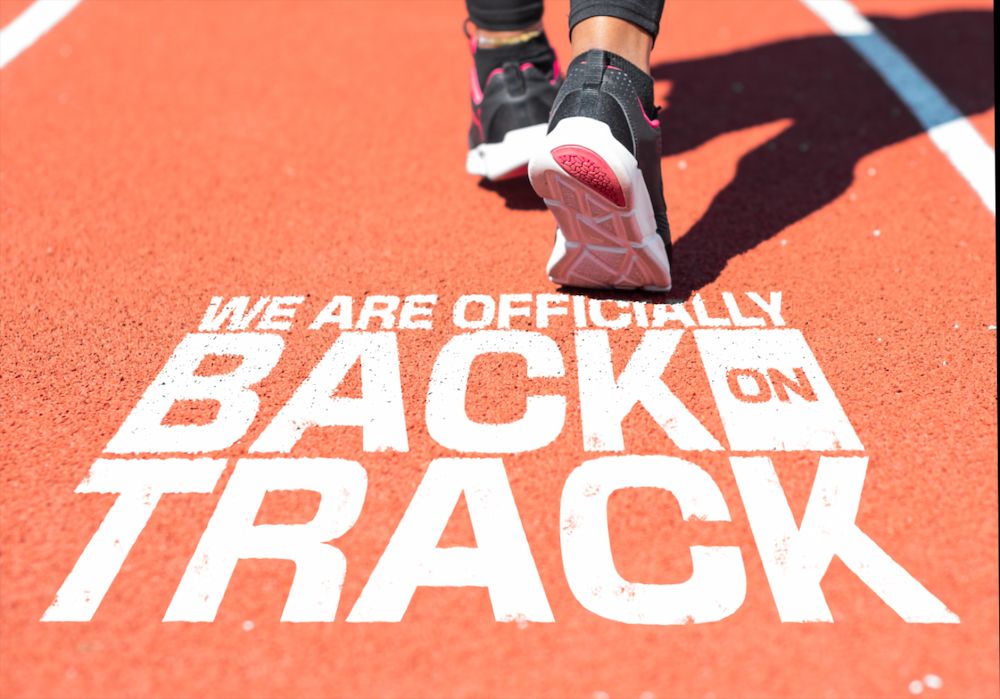.jpg)
For startups and growing businesses, an ipsum gravi online specialist can develop a digital marketing.
We're on a mission to transform social care and support for the benefit of those giving and receiving it. We're well on our way, but with gifted time and help from like-minded volunteers we will get there faster.
Whether it's admin expertise, professional advice or helping us spread our message, if you have the time and willingness to offer your skills and join us as a volunteer, we will probably have something you can help us with!
Contributing your time in any number of ways is extremely valuable to both us and those Equal Care supports. Our co-operative recognises this in membership eligibility. After a probation period, you can join Equal Care Co-op as a Worker Member, with the same voting rights as paid workers.
All volunteers we welcome aboard receive relevant training, a proper welcome and a Link person responsible for your sense of wellbeing, belonging and progress.
We are incredibly lucky to have had help, advice and expertise offered by wonderful humans from all walks of life: from those with a background in care, to tech gurus and individuals with a passion for getting a good cause off the ground!
You might have an idea of what help you can offer us, or you might be unsure but excited by our mission. Either way, we would love you to get in touch with us by hitting the button below and beginning the conversation.
Our second community share offer closed on 15 March 2023. Thank you to everyone who believed in us and helped us get back on track!
The incredible generosity and belief that people have shown us across both of our community share offers has led to hundreds of people both receiving and giving support that is relationship-centred, consistent and has mutual care at its heart.
As we look towards 2026 and taking the Equal Care model further afield, we anticipate further opportunities to invest in a better future for social care and support: watch this space or contact us via the button below to express your interest.

.jpg)
.svg)
.svg)
Social care is one of the most pressing issues facing our society today. As the population ages, more and more people require care and support, and the current system is struggling to keep up, with poor quality care and bad pay and working conditions common across the sector.
We have designed a different way of delivering care that ensures better quality, better pay and better working relationships.
.jpg)
.svg)
.svg)
Equal Care Co-op is a cooperative, which means that it we are accountable to. and led by, our members.
This ensures that everyone who is involved in providing care and support has a say in how the business is run, as well as investors. It also means that profit is shared among those who contribute to our success.
.jpg)
.svg)
.svg)
Equal Care Co-op values care workers as the backbone of the social care industry. We empower them through training, support, and fair compensation. We also give both caregivers and care receivers choice and control over their care relationship.
Your investment helps us create a more equitable system for care workers and elevate care standards in the industry.
Our long-term goal is for our model of relationship-centred, mutual care and support to become the norm. We want the experiences of people giving and receiving support in our community to be reflected across the country, and one way we can achieve that is by working with other groups and local authorities to develop Equal Care's model in as many places as possible. One starting point for this to happen is our Social Care Playbook.
Our Playbook is the result of more than seven years of developing, testing and refining our model of care.
It exists thanks to the London Office of Technology and Innovation (LOTI) which helped fund its creation, and it is freely available to anyone interested in our model.